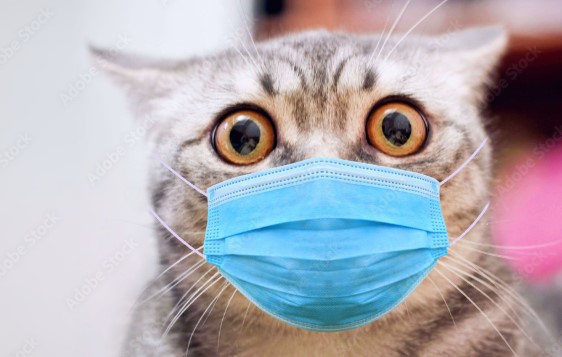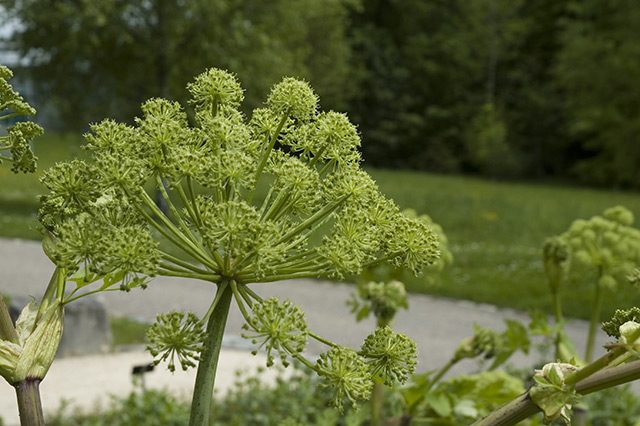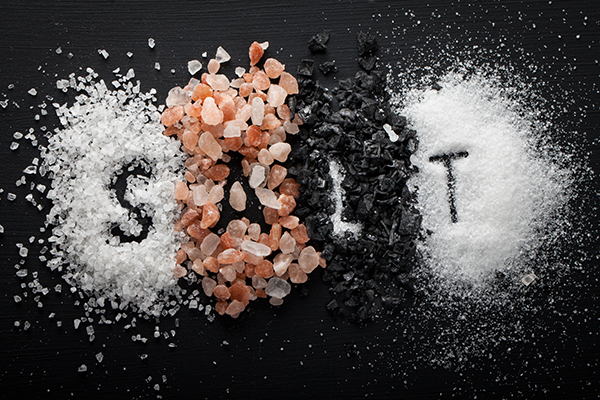New study links children’s COVID vaccines to autoimmune risks as HHS halts routine recommendations
05/20/2025 / By Willow Tohi

- A 2025 Israeli study in Pediatric Rheumatology found a 23% higher risk of autoimmune diseases (e.g., Type 1 diabetes, rheumatoid arthritis) in children/adolescents who received COVID-19 vaccines compared to unvaccinated peers. The risk peaked 8.74 months post-vaccination.
- Notably, children who contracted SARS-CoV-2 naturally did not exhibit increased autoimmune risks, highlighting a potential vaccine-specific concern.
- The study aligns with other research linking mRNA vaccines to autoimmune triggers (e.g., spike protein persistence, genetic changes) and immune dysfunction, though debates over causality persist.
- The U.S. HHS, under Robert F. Kennedy Jr., plans to halt routine COVID-19 vaccine recommendations for children and pregnant women in 2025, citing safety concerns and advocacy pressure.
- The findings and policy changes intensify debates over vaccine mandates, with calls for long-term safety studies and transparency, while critics warn of unintended public health consequences.
A groundbreaking study published in Pediatric Rheumatology has found that children and adolescents who received at least one dose of a COVID-19 vaccine face a 23% higher risk of developing autoimmune diseases compared to unvaccinated peers. Conducted by Israeli researchers using data from nearly 500,000 patients, the study—released in early 2025—highlights growing concerns about long-term vaccine safety amid surging debates over public health policy.
Simultaneously, the U.S. Department of Health and Human Services (HHS), under Secretary Robert F. Kennedy Jr., has announced plans to stop recommending routine administration of the vaccines to children and pregnant women, a shift rooted in disputed safety data and increasing advocacy by health freedom groups. The findings, paired with the policy decision, underscore escalating tensions over vaccine mandates and the balance between public health and individual autonomy.
Study finds elevated autoimmune risks in vaccinated children
The peer-reviewed study, led by researchers at Israel’s Maccabi Healthcare Services, analyzed data from 493,705 participants aged 1 to 21 between 2014 and 2022. The results revealed a statistically significant hazard ratio of 1.2323 for vaccinated individuals, corresponding to a 23.2% increased risk of developing autoimmune diseases—including Type 1 diabetes, rheumatoid arthritis and Guillain-Barré syndrome—when compared to unvaccinated groups. The risk appeared most pronounced 8.74 months post-vaccination, a timeframe longer than the expected persistence of vaccine-derived spike proteins.
Crucially, unvaccinated children who contracted SARS-CoV-2 showed no heightened autoimmune risk, a distinction emphasized by the authors. Dr. Michelle Perro, a pediatrician and contributor to The Defender, praised the study’s “methodologically robust” design, noting the inclusion of adolescents up to age 21—a group particularly vulnerable to autoimmune conditions due to their developing immune systems. However, she criticized the accelerated rollout of pediatric vaccines under Operation Warp Speed, which bypassed standard 10- to 15-year trial timelines. “Children were not adequately studied before the rollout, and we’re now seeing the consequences,” she stated.
Scientific consensus or controversy? Broader research context
The Israeli findings align with a growing body of research questioning vaccine safety. A recent German study in Molecular Systems Biology linked mRNA vaccines to genetic changes that could trigger autoimmune disorders and cancer. Additionally, a Yale-led preprint noted elevated cytokine levels—a marker of immune dysfunction—in vaccinated individuals, while a meta-analysis in Immunity, Inflammation and Disease identified increased risks of thyroid-related autoimmune diseases.
Many experts attribute these effects to spike protein persistence, which may provoke molecular mimicry—a mechanism where viral proteins trick the immune system into attacking human cells—or “bystander activation,” where immune cells mistakenly target self-antigens. Karl Jablonowski, senior research scientist at Children’s Health Defense, warned that autoimmunity treatment remains “extremely challenging,” with limited medical or holistic solutions.
Clinical observations also corroborate these trends. Dr. Margaret Christensen of the Carpathia Collaborative reported a surge in autoimmune diagnoses among childhood vaccine recipients in her practice, stating: “The correlation is impossible to ignore.”
Policy shift: HHS steps back amid scientific discord
In tandem with the research, HHS announced plans to withdraw routine recommendations for vaccinating children and pregnant women in early 2025. This decision, led by Kennedy—a longtime vaccine skeptic—aligns with his broader push for stricter scrutiny of pharmaceutical practices. The move follows FDA Commissioner Dr. Marty Makary’s call for placebo-controlled trials for all new vaccines and mirrors concerns expressed by the European Medicines Agency about mRNA technology’s risks in younger populations.
The policy reversal reflects mounting pressure from health freedom advocates and parents, many of whom cite personal experiences of adverse effects. However, critics argue the change could undermine protections for immunocompromised individuals. Richard Hughes, a vaccine advocate, warned of behavioral impacts, noting that insurer coverage for pediatric doses may wane.
A turning point for vaccine policy
The Israeli study and HHS’s bold policy shift signal a pivotal moment in the global public health debate. While experts like Perro urge immediate suspension of pediatric vaccines pending further research, others caution against overinterpretation of early findings. With autoimmune diseases projected to affect 23.5 million Americans by 2025—many in previously healthy demographics—the urgency to prioritize long-term immune safety has never been clearer.
As debates intensify over individual choice versus public health mandates, one certainty emerges: the era of unquestioned vaccine mandates may be ending. Whether this marks a return to scientific rigor or fuels dangerous complacency remains to be seen. For now, the call for transparency—and time—resonates across scientific, political and parental spheres alike.
Sources for this article include:
Submit a correction >>
Tagged Under:
. vaccines, autoimmune disease, big government, Censored Science, children's health, disease causes, health freedom, immune system, progress, research, RFK Jr, vaccine damage, vaccine injury, vaccine wars
This article may contain statements that reflect the opinion of the author





















